Recently, in Parliament Joe Mizzi has acknowledged that traffic is costing the country more than €200 million each year. How do you intend to address the issue?
We have to deal with the traffic problem. If we tackle that, this wasted money can be reduced. We have already published a document full of proposals to reduce traffic. Today, the government is acknowledging that these were good proposals, so much that the government Transport Plan includes basically all of our proposals. At this point, traffic measures need to be for long term basis. Short term solutions have proved to be of little use.
But how will you reduce the money lost because of traffic and by how much will a PN government reduce this expenditure?
We don’t have a target figure yet. One needs to look into the proposals, the EU funds provided and how much these proposals will cost. Out target is to reduce it drastically.
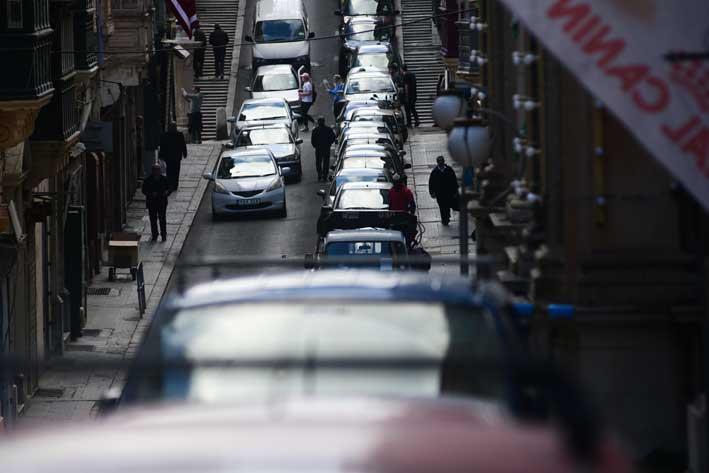
In the document, you mention the MEPA demerger. It states that the PN has no plan to reverse the split but intends to make it more autonomous. How do you intend to do this?
We believe in continuity and we don’t want everything to be drastically changed simply because there is a new party running the town, especially in a sensitive context such as planning.
To start with, the Environmental and Resources Authority needs to increase men power. The authority is seriously under-staffed and, in some cases, the persons it employs do not have the required expertise. I had said this in parliament, that it is clear that there are those who were employed at the ERA for their political allegiances.
Another issue is with the board of the Planning Authority, with the Chairperson admitting that he is being given orders from Castille. This is wrong. I was once attending the environmental parliamentary committee discussing the Zonqor project, and the PA CEO had openly said that he receives his directions from Castille. The concept is wrong.
It’s also inconceivable and unacceptable to have the Chairman of ERA absent from the most important discussions. I have no doubt of the Victor Axiak’s capabilities, what’s I’m questioning is his availability.
In a particular occasion he was absent because of health issues.
True. But the law clearly states that a substitute can be nominated and for some reasons, the government chose to ignore this.
What changes is the PN proposing in the structure of the two entities?
When we presented our proposed changes for the demerger, the government accepted some of them half-way. One particular proposal which we would like to see implemented, is the one where we propose more participation by the environmental NGOs. We also want to have experts in the field involved further. For example, we believe that eNGOs should not be represented by just one person and should not be chosen by the government. It’s the eNGO who must be given the right to nominate a member to sit on the board.

Let’s move on to the Paceville Master Plan. The PN already stated that this plan should be sent back to the drawing board. However, I cannot see concrete plans mentioned in the document on what you intend to do with it if elected in government.
I think this masterplan is one good example which shows how much the Opposition can impact the government’s decision. We have spoken to the residents and developers and we realised that no one liked this masterplan. There was a public outcry against this project, and we were the voice of reason.
Now, thankfully, after the tremendous pressure, the government realised that a new masterplan should be drawn up. To be exact, the government had also committed itself that the new plan would be out by January. I only hope that the government keeps his word.
Are you positive that the new version of the Paceville master plan would be better?
What worries me is that this Prime Minister promises a lot of things but does not keep his word. If you remember correctly, Dr Muscat had promised the publication of all major government contracts, but they have not surfaced so far. I will give the government the benefit of the doubt.
There is no doubt that the country needs a holistic plan for Paceville. Did the PN think of a ‘Paceville Masterplan’ before the 2013 elections? Was it somewhere hidden in the pipeline?
I was not part of the 2013 PN administration. Still, I can assure you that the thought to have a holistic plan for the area existed.
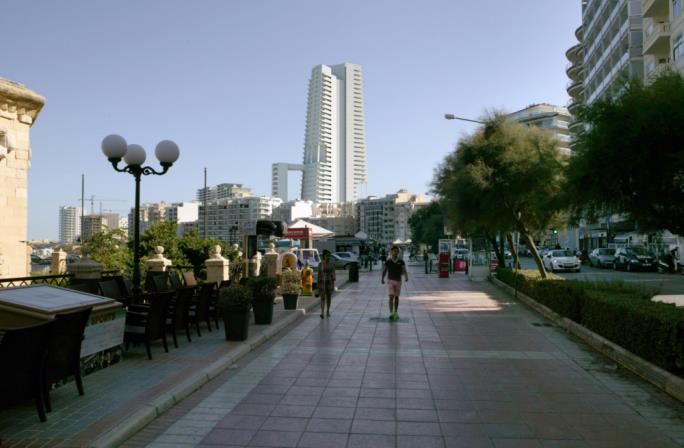
But it was never communicated to the public.
No, it wasn’t. There were policies proposed but unfortunately, they were not given much prominence and exposure.
The document also looks into the skyline policy issue. What are you proposing?
This is one of those proposals which still need more discussion. First of all, every locality has its characteristics. In fact, one of the things we set out is the need for particular localities to keep their features. One thing is sure; we cannot provide a one-size fits all solution.
Secondly, I think we need better defined, less vague policies so that a change in administration does not cause result in ambiguity.
What would be the acceptable number of storeys for development for the PN?
Internally, we are still discussing the issue and we will be publishing our proposals in due course.
By in “due course” you mean the PN will wait to see if it’s approached by some developers who will pop up in front of your door right before the election asking for some deal?
No. It’s because we need further discussion. There are a lot of diverging thoughts and we need to hear them all before we come up with something more concrete. This is a working document, there’s nothing cast in stone.
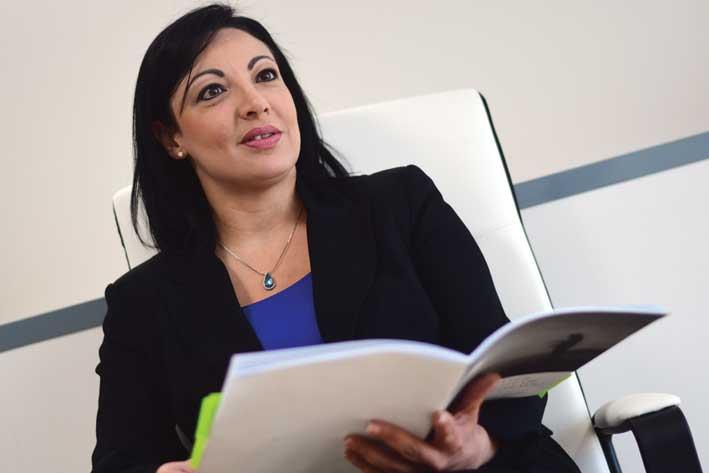
So, one should assume that these working documents will result in concrete numbers for the PN’s election manifesto.
These documents will surely lead for more concrete proposals, yes.
The document lists 171 proposals. Are they truly proposals or very vague guidelines?
I think it’s a mix of both. But in reality, the document simply sets the foundations for policies. Still, there are concrete proposals, such as the setting up of the National Architectural Policy. I cannot tell you what the policy will entail in detail, but concretely, we commit ourselves to have this policy set up.
As for the skyline policy, we still have to see what would be the ideal height.
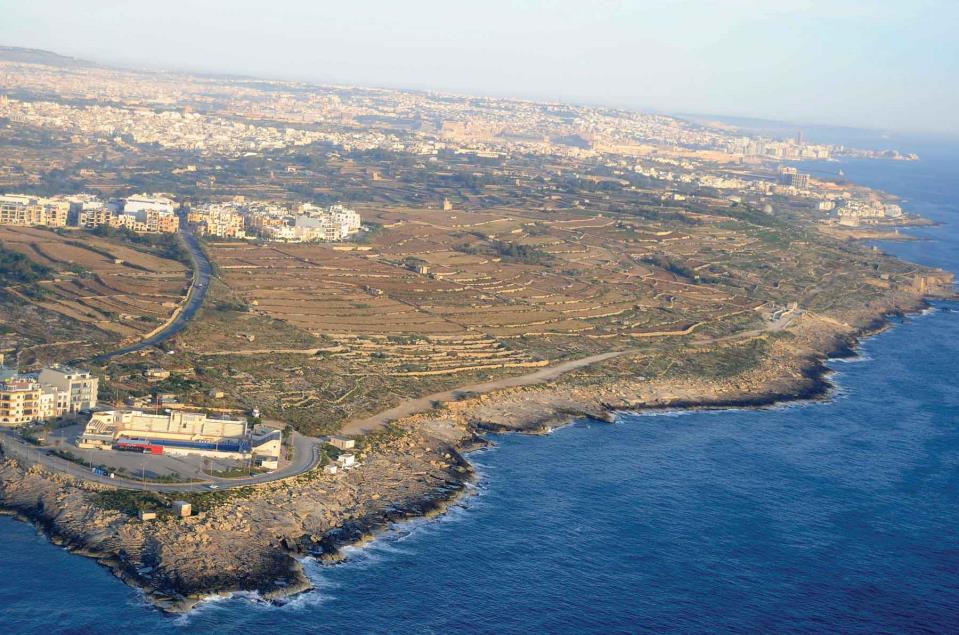
Let’s move away from Sliema. The document mentions your proposals regarding the project in Zonqor. There’s one sentence which I believe needs further explanation; “persuade them (developers) to give up the site”. How?
This point shows that the PN is pro-business. But our concern is that this project might not be intended specifically for a University, but maybe for leisure purposes. If the investors want a University, then the location would not make a difference. We suspect this development is for commercial exploitation. If this is the case, we will have legal basis to declare the contract null.
But how will you convince them?
We will sit down and negotiate. If need be, offer them an alternative site.
Where?
The Preliminary Alternative Site Selection Report drawn up by MEPA had already identified a site that could accommodate Sadeen's project in Tarxien, which abides by the terms of reference given by Government.
What about the part of the project in Cospicua. Are in favour of that?
If it is developed in a good way, yes.
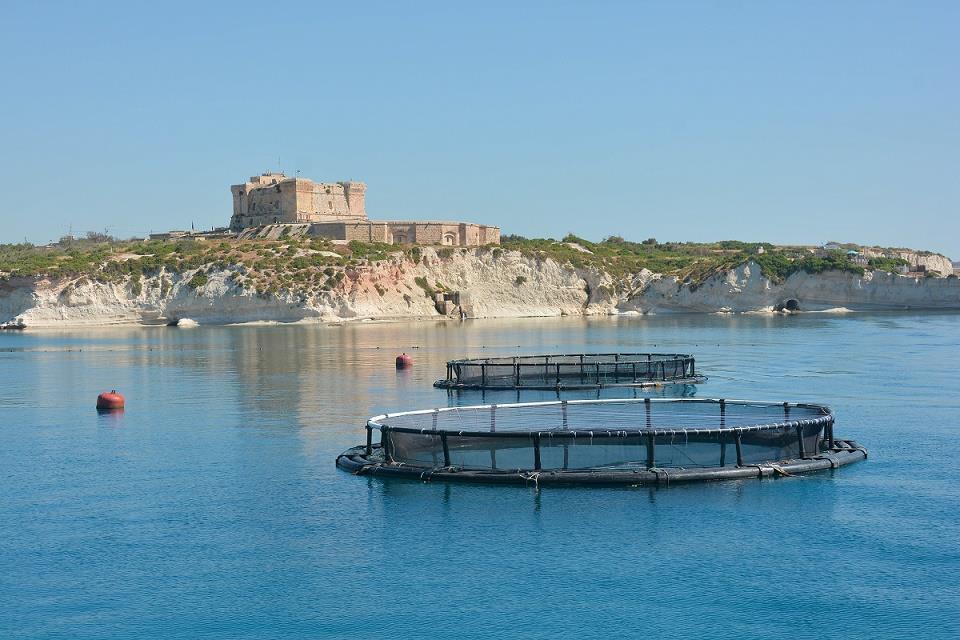
On fish farms, what will the PN do to stop the abuse?
Regulations exist already. What we need is further enforcement. Concretely, we are proposing that these fish farms are set up further away from the main land. Still, we have to be careful. This is a very important sector in Malta.
We intend to introduce the concept of Nature Rangers. Their role will be both to enforce and to educate.
Gearing up for the next general election, do you believe that the PN has the political credibility when it speaks about the environment?
We left with the premise that there were issues which should have been addressed with better decisions. In the last three years, we were very consistent about this. However, let’s not forget that when Joseph Muscat led the Opposition, he simply criticized but never proposed anything. A PN opposition, on the hand, has presented these concrete proposals through various documents.